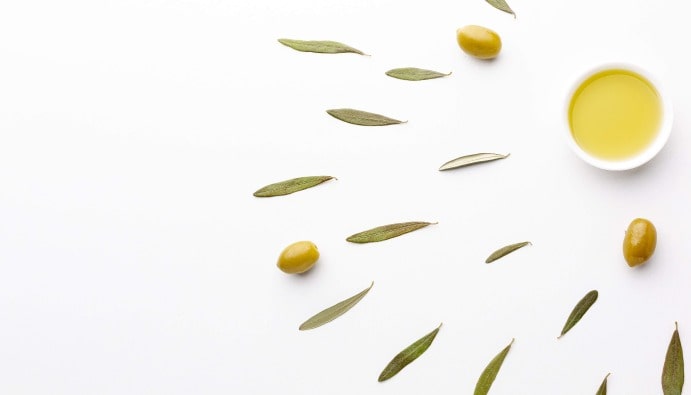Imitation - Adulteration Tests in Olive Oil
Olive oil is widely consumed in our country and is indispensable especially in salads. However, due to its price, olive oil is among the most preferred foods for counterfeiting and adulteration. Olive oil is sold under many different brand names in the markets. There are differences between these brands in terms of both taste and price. But the important thing is the reason for this difference. As we said, many imitations and adulteration of olive oils are practiced.In order to prevent imitation and adulteration in olive oil, tests and analyzes are carried out at certain intervals by the ministry in food businesses. Many tests and analyzes are carried out in olive oil. If the results of these analyzes are not within the values determined in the relevant standards and regulations, we can say that there is a quality problem in the product. In general, the analyzes performed on olive oils can be listed as follows:
- Free Fatty Acidity
- Determination of Peroxide
- UV Absorption Values
- Moisture and Volatile Matter
- Heavy Metals
- Sensory Properties
- index of refraction
- Determination of Fatty Acid Methyl Esters
- Determination of Sterile Composition
- β-Position Palmitic and Stearic Acid
- Amount of Wax
- Relative Density
- Saponification Number
- Iodine Count
- Trans Fatty Acids
- Maximum Difference Between Actual and Theoretical ECN42
- Composition and Quantification of Sterol, Erythrodiol, Uvaol


